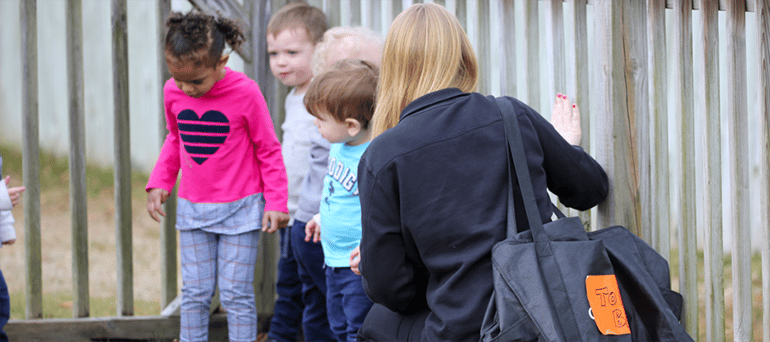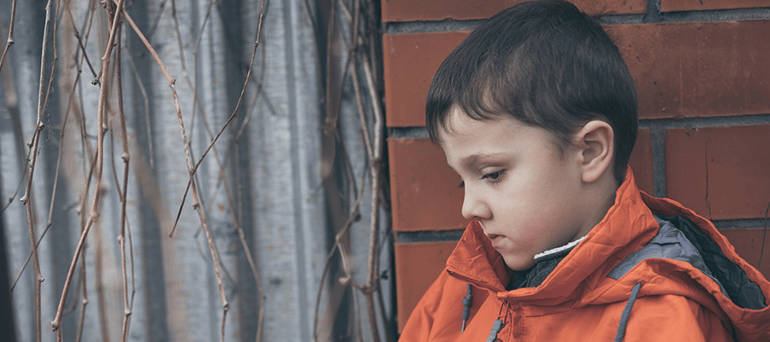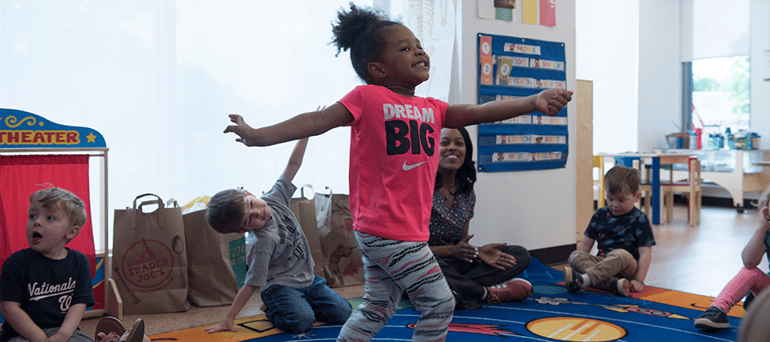Without a doubt, families are an essential part of children’s learning and educational journey - starting at birth. “Engaging families as partners early in the educational journey allows parents to establish strong home-school connections that support their children’s achievement long-term “(Start Early, September 25, 2019). So, it is not surprising that “family engagement” is a frequent and important theme of discussions and planning in child care programs.
Innovative Strategies for Partnering with Families to Boost Children’s Learning
Topics: Family & Community Engagement, Professional Development, Parenting, Brain Building Tips
Continue ReadingNational Preparedness Month
It’s September! And as you may know, each September is recognized as National Preparedness Month. Preparedness Month promotes family and community disaster planning now, during the month, and throughout the year.
Topics: Business Operations for CCR&Rs, Professional Development, Best Practices, Health & Safety, emergency preparedness
Continue ReadingCOVID-19 Quick Response Grant Winners
Child Care Aware® of America is pleased to award 11 Child Care Resource & Referral member agencies COVID-19 Quick Response Grants. The grants were made possible through generous financial support from the Center for Disaster Philanthropy (CDP). Funds received from CDP will allow CCAoA to rapidly support CCR&Rs by offering subgrants for the purchase of supplies or enhanced services supports for childcare providers in areas of the U.S. in need and to provide direct aid to those geographic areas entering phased recovery.
Topics: Business Operations for CCR&Rs, Professional Development, emergency preparedness
Continue ReadingInnovation During Coronavirus: A Pop-up Early Learning Program
When states ordered that K-12 schools close and colleges shuttered their campuses – steps taken to slow the spread of COVID-19 — technology stepped up. Students in communities across the country are continuing their learning virtually, in the relative safety and comfort of their homes.
But what about our youngest learners? It’s just as important that toddlers and preschoolers keep learning, and that they maintain schedules and routines. With so many early care and education (ECE) programs temporarily (we hope) closing, it’s been difficult for both parents and their young children. There’s now an alternative for those families – a Pop-up Early Learning Program developed by an Atlanta-based school.
Topics: Family & Community Engagement, Professional Development
Continue ReadingResearch Round Up: Adverse Childhood Experiences (ACEs)
Long-term Head Start Impact on developmental outcomes for children in foster care
Lee, K. Child Abuse Neglect (March 2020).
Background: In 2016, about 437,000 children were in the foster system in the United States. Children in the foster care system are at higher risk for experiencing poverty, abuse, chronic diseases and developmental impairments. Children in foster care are also at greater risk for struggling academically due to instability in their living situations and inconsistent school attendance. These risk factors affect not only health outcomes but social-emotional and cognitive outcomes as well. Children in foster care are eligible to participate in the Head Start program, which pairs high-quality early care and education with family supports and access to specialized services. This study looks at whether participating in Head Start improves developmental outcomes for children involved with the foster care system.
Topics: Workforce, Professional Development
Continue ReadingResearch Round Up: Physical Activity
Implementation Strategies Used by States to Support Physical Activity Licensing Standards for Toddlers in Early Care and Education Settings: An Exploratory Qualitative Study
Lessard, L., Speirs, K., and Slesinger, N. Childhood Obesity (September 2018).
Background: Childhood obesity is a major health concern that affects even very young children, like those served in early care and education (ECE) settings. Participating in at least 90 minutes of physical activity each day helps young children establish healthy routines and make them less likely to experience obesity. States can make sure children in ECE are getting enough physical activity by setting licensing regulations for the time and intensity of daily active play. This study looks at strategies and obstacles to enforcing those regulations.
Topics: Workforce, Professional Development
Continue Reading








